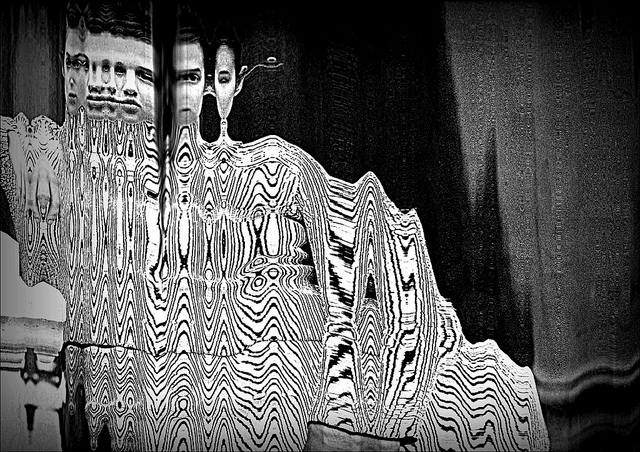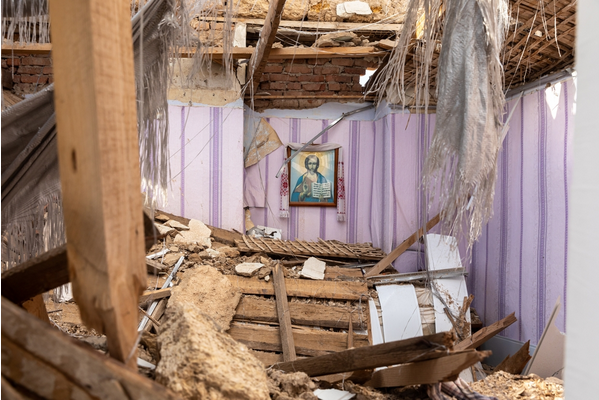


Thousand and one ways of being European
20 May 2016
Algeria Modern. From Opacity to Complexity
30 May 2016Humanities have always been intensely interactive and social; a vibrant ecosystem of shared and reworked ideas. However, many have argued that digital humanities are reframing the work scholars do in humanities in a less solitary and more collaborative way. These new modes of scholarly work cover a broad range of material tasks which were earlier considered as purely cognitive and immaterial: thinking, reading, writing, discussing, reviewing. The expansion of digital technologies impels scholars and academics to re-imagine these tasks.
 To meet the new needs and opportunities, the AIME team, leaded by Bruno Latour, has developed a series of innovative digital features, known as An Inquiry into Modes of Existence (AIME) : a rich reading interface that allows to navigate between the diverse contents and to display various contextual documents referenced in the main text, as well as a contribution interface that enables readers to participate to the collective enrichment and evolution of the initial content.
To meet the new needs and opportunities, the AIME team, leaded by Bruno Latour, has developed a series of innovative digital features, known as An Inquiry into Modes of Existence (AIME) : a rich reading interface that allows to navigate between the diverse contents and to display various contextual documents referenced in the main text, as well as a contribution interface that enables readers to participate to the collective enrichment and evolution of the initial content.
Trying to answer to these new challenges with innovative and experimental proposals, the AIME project has, unsurprisingly, received many criticisms. Combining different medias and different genres and addressing the most disparate publics, AIME has collected criticisms from all of them. As a book of philosophy, it has been criticized for not complying with the usual norms and format of philosophical work (e.g. the complete absence of references and footnotes). As a shared enquiry, it has been criticized for presenting its results before the collaboration was even started. As a website, it has been criticized for limiting the possibilities of participation (e.g. before being published comments were subjected to a severe peer-review process that rejected most of them). However, the force of the AIME project has been its capacity to learn from its errors and from these criticisms. Throughout the whole project, the AIME team has set in place an advanced device to collect the criticisms, to analyze them and to extract useful lessons that can help future projects in digital humanities.
The objective is now to reframe these criticisms as clues in order to detect the different practices and assumptions at work in collaboration-based projects, design, and digital humanities communities.
These issues – methodical activity of collecting clues, grouping them in specific anomalies, and explicating the choices that generated them – are detailled in the article « Clues. Anomalies. Understanding. Detecting underlying assumptions and expected practices in the Digital Humanities through the AIME project » published in Visible Language, Dec. 2015



